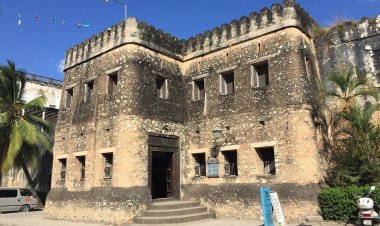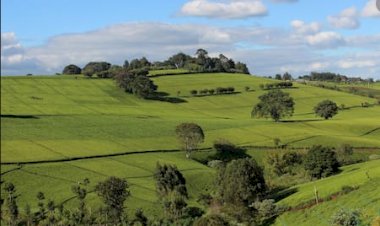Little Known Facts About Stone Town in Zanzibar
Stone Town is a UNESCO World Heritage Site, and it is considered one of the most important cultural and historical sites in East Africa.
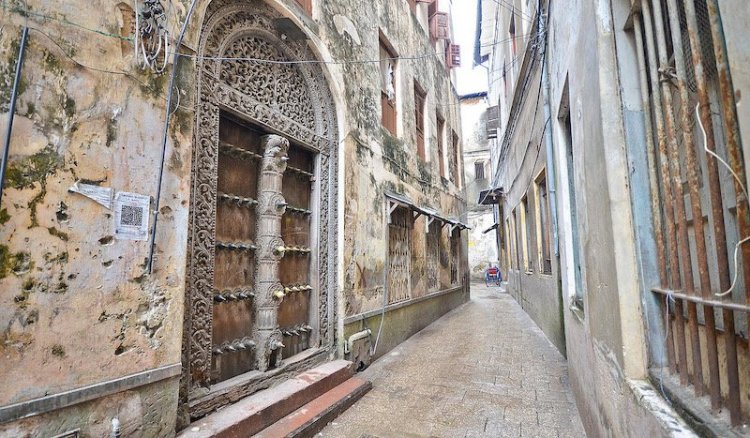
Stone Town is a historic neighborhood located on the western coast of the island of Zanzibar, just off the coast of Tanzania. This neighborhood is known for its rich history and unique architecture, which reflects the various cultures and influences that have shaped the island over the centuries.
The history of Stone Town dates back to the 10th century, when the island of Zanzibar was first settled by Arab traders and merchants. These traders established a thriving trade network that linked East Africa with the Middle East and India, and they built a number of stone structures and buildings that still stand today.
Over the centuries, Zanzibar became an important center of trade and commerce, attracting merchants and traders from all over the world. The island was ruled by a series of sultans and Arab dynasties, each of which left their mark on the island's culture and architecture.
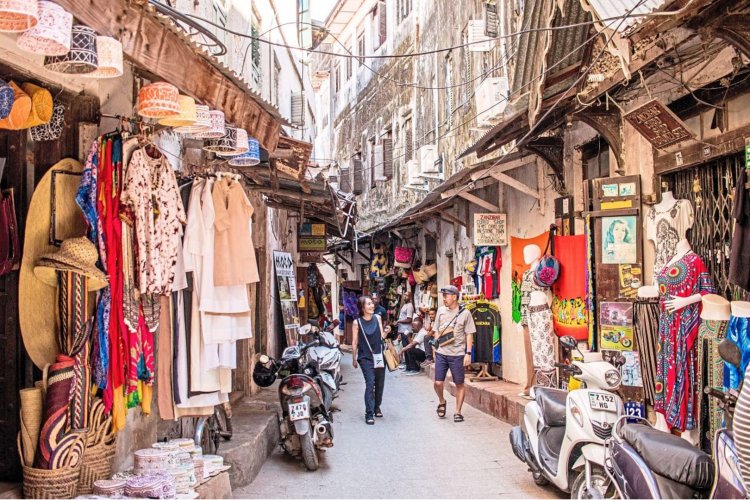 [Stone Town in Zanzibar. Photo/Courtesy]
[Stone Town in Zanzibar. Photo/Courtesy]
In the 19th century, Zanzibar became a major center of the slave trade, with thousands of Africans being captured and sold into slavery each year. This dark chapter in the island's history is still remembered today, and many of the buildings in Stone Town were built using slave labor.
Despite the horrors of the slave trade, Zanzibar continued to grow and prosper in the late 19th and early 20th centuries. The island became a British protectorate in 1890, and many of the buildings in Stone Town were renovated and expanded during this time.
Today, Stone Town is a UNESCO World Heritage Site, and it is considered one of the most important cultural and historical sites in East Africa. The neighborhood is home to a number of important landmarks and attractions, including the House of Wonders, the Old Fort, and the Palace Museum.
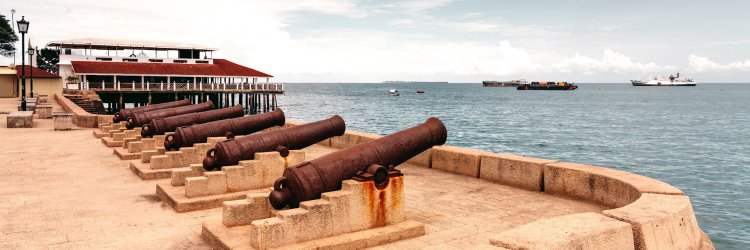 [Stone Town in Zanzibar. Photo/Courtesy]
[Stone Town in Zanzibar. Photo/Courtesy]
Visitors to Stone Town can explore the narrow alleyways and winding streets of the neighborhood, admiring the beautiful architecture and learning about the island's rich history and culture. They can also sample local cuisine, shop for handicrafts and souvenirs, and take in the vibrant street life that is such an important part of Zanzibar's cultural heritage.
If you have a real estate press release or any other information that you would like featured on African Real Estate Blog Post do reach out to us via email at [email protected]

 AREBP
AREBP 











